Health Tips
Worried Your Child Lacks Growth Hormone Like Messi?
If they haven't grown 4 cm in a year, take note!
18 June 2025
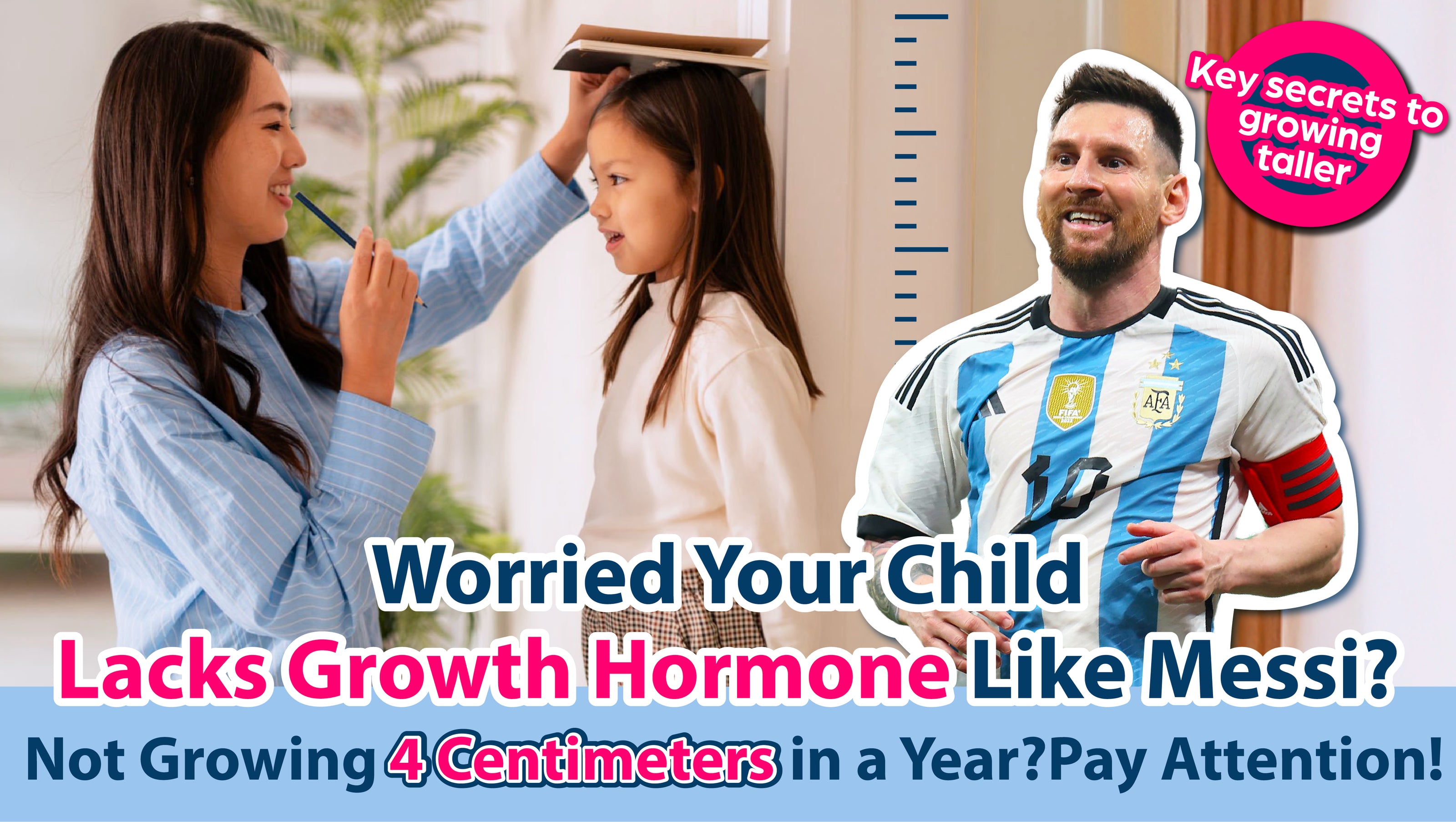
Parents always hope for their children to grow healthily, with height being a key focus for many. If a child grows less than 4 centimeters in a year, it may signal potential health concerns, such as growth hormone deficiency (GHD). Football legend Lionel Messi was diagnosed with GHD as a child but overcame it through treatment, reaching a height of 1.70 meters and becoming a world-class athlete. This article explores the reasons behind slow growth in children and how to address it.
Warning Signs of Slow Growth: Less Than 4cm in a Year
Children’s growth rates vary depending on age, genetics, and health. Here’s a reference for typical growth:
- Ages 2–5: About 6–8 cm per year.
- Ages 6–10: Around 4–6 cm per year.
- Puberty: Growth spurts can reach 8–12 cm per year.
If a child grows less than 4 cm in a year, potential causes include:
- Malnutrition: Lack of protein, calcium, vitamin D, or other essential nutrients.
- Lifestyle Factors: Insufficient sleep, lack of exercise, or excessive sugar intake may suppress growth hormone secretion.
- Health Issues: Such as growth hormone deficiency, thyroid dysfunction, or other chronic conditions.
Growth hormone deficiency, in particular, can cause a child’s height to lag significantly behind their peers, warranting early attention.
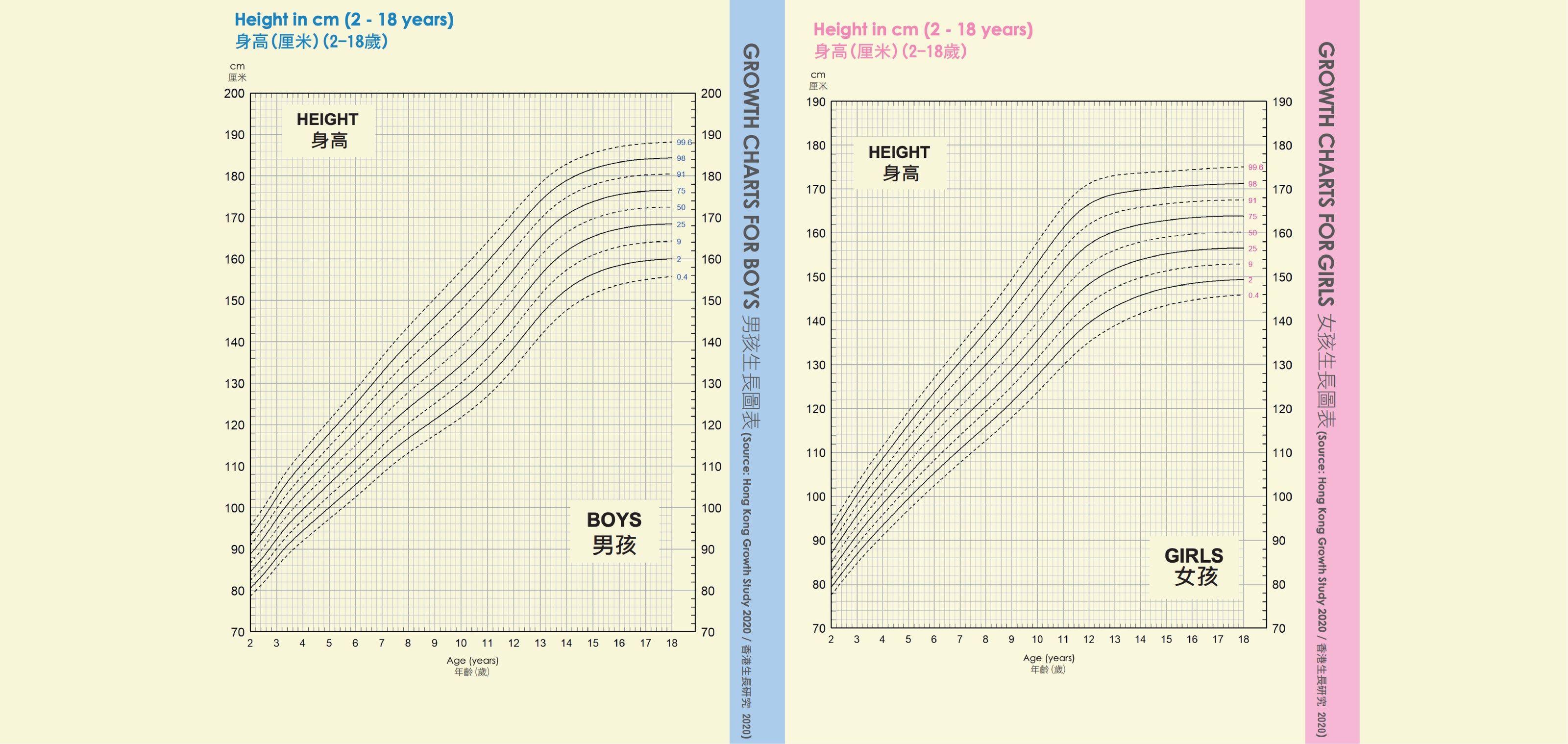
What Is Growth Hormone Deficiency?
Growth hormone (GH) is secreted by the pituitary gland and is crucial for bone and tissue growth. Growth hormone deficiency (GHD) occurs when the pituitary gland produces insufficient GH, either congenitally (present at birth) or acquired (due to injury or illness). Symptoms include:
- Height significantly below peers of the same age and gender.
- Slow growth rate (less than 4 cm per year).
- Delayed puberty or developmental milestones.
- Increased body fat or a younger-looking appearance.
Messi’s case demonstrates that with early diagnosis and growth hormone therapy, children can overcome GHD and achieve normal height. However, not all slow growth requires medical intervention—improving lifestyle and nutrition can also significantly boost growth.
What Should Parents Do?
If your child grows less than 4 cm in a year, consider these steps:
1. Track Height Regularly:: Measure height every 6–12 months and compare it to WHO or CDC growth charts.
2. Consult a Pediatrician: If growth remains slow, a doctor may recommend blood tests (e.g., IGF-1 levels) or a referral to a pediatric endocrinologist.
3. Optimize Lifestyle:
- Sleep: Growth hormone is primarily secreted during deep sleep, so ensure 8–10 hours of sleep, ideally starting before 10 PM.
- Exercise: Aerobic activities like running, jumping rope, or swimming stimulate GH secretion, but avoid excessive weight-bearing exercises.
- Diet: Provide a balanced diet rich in protein (fish, eggs, beans), calcium (dairy, green vegetables), and vitamin D (fish oil, sunlight exposure).

4. Consider Nutritional Supplements:: For adolescents in their growth phase, targeted supplements can provide essential nutrients to maximize growth potential.
Tenchi GrowthMax: A Scientific Solution for Growth
To help adolescents achieve their ideal height during critical growth periods, we introduce Tenchi GrowthMax, a Japanese-developed, sugar-free growth supplement designed for ages 5–22. Backed by three major Japanese clinical trials, 92% of users saw an average 34% increase in growth rate after three months of consistent use.
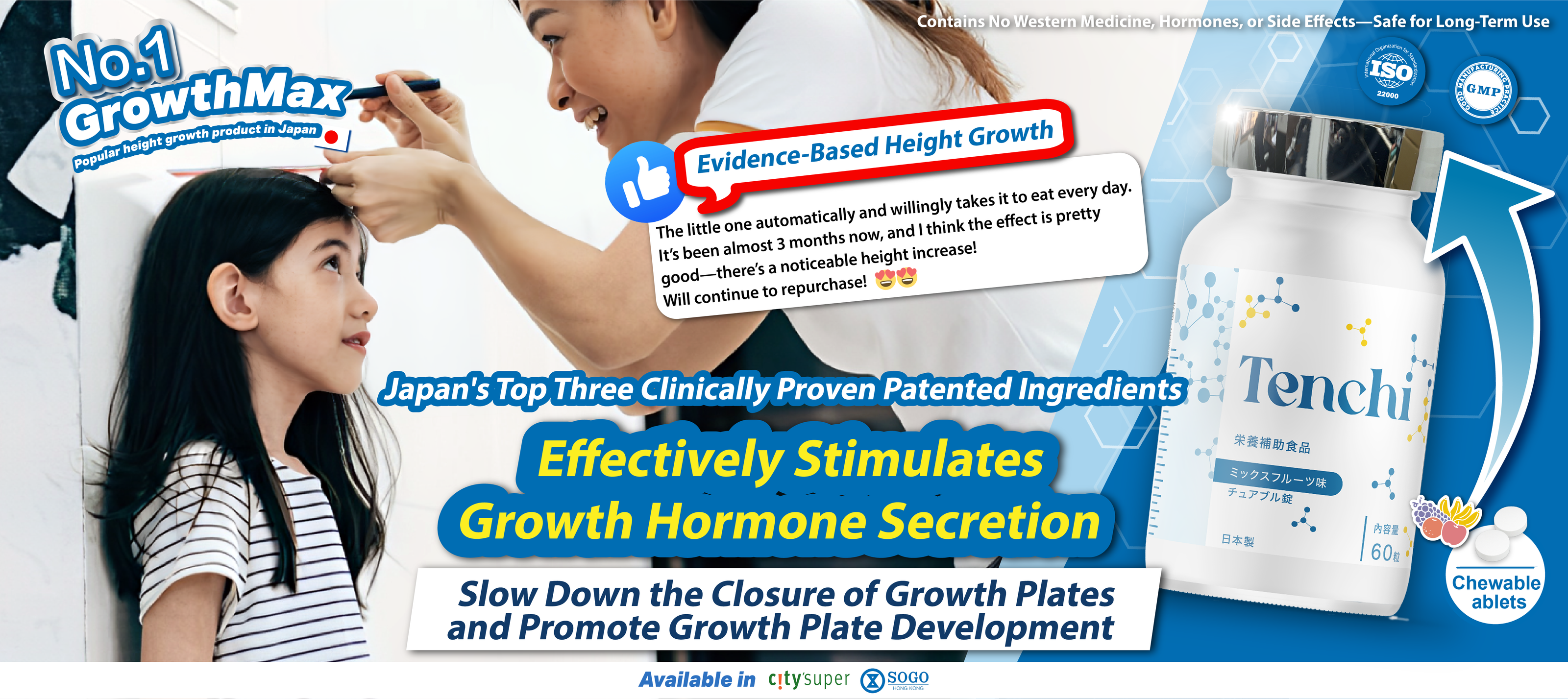
Scientific Benefits
- Stimulates Growth Hormone Secretion: Promotes pituitary GH release to accelerate bone cell growth.
- Delays Growth Plate Closure: Extends the growth window for adolescents, helping overcome genetic height limitations.
- Comprehensive Nutritional Support: Provides key nutrients often lacking in daily diets to support bone health.
Frequently Asked Questions
Q: Do all short children need Tenchi GrowthMax?
A: Not all cases of short stature require supplements. If a doctor rules out GHD, Tenchi GrowthMax can serve as a supportive aid to optimize growth potential. Severe growth issues should first be evaluated by a medical professional.
Q: What age group is best suited for this product?
A: It’s ideal for ages 5–22, with the best results seen before puberty (boys 12–16, girls 11–15), when growth plates are still open.
If your child grows less than 4 centimeters in a year, it may be a warning sign of growth hormone deficiency or lifestyle issues! Beyond consulting a doctor and improving lifestyle, Tenchi GrowthMax offers a safe, scientifically backed nutritional supplement to help adolescents stimulate growth hormone secretion, promote bone growth, and break through genetic height limitations.
Tenchi Mall
Tenchi GrowthMax Chews


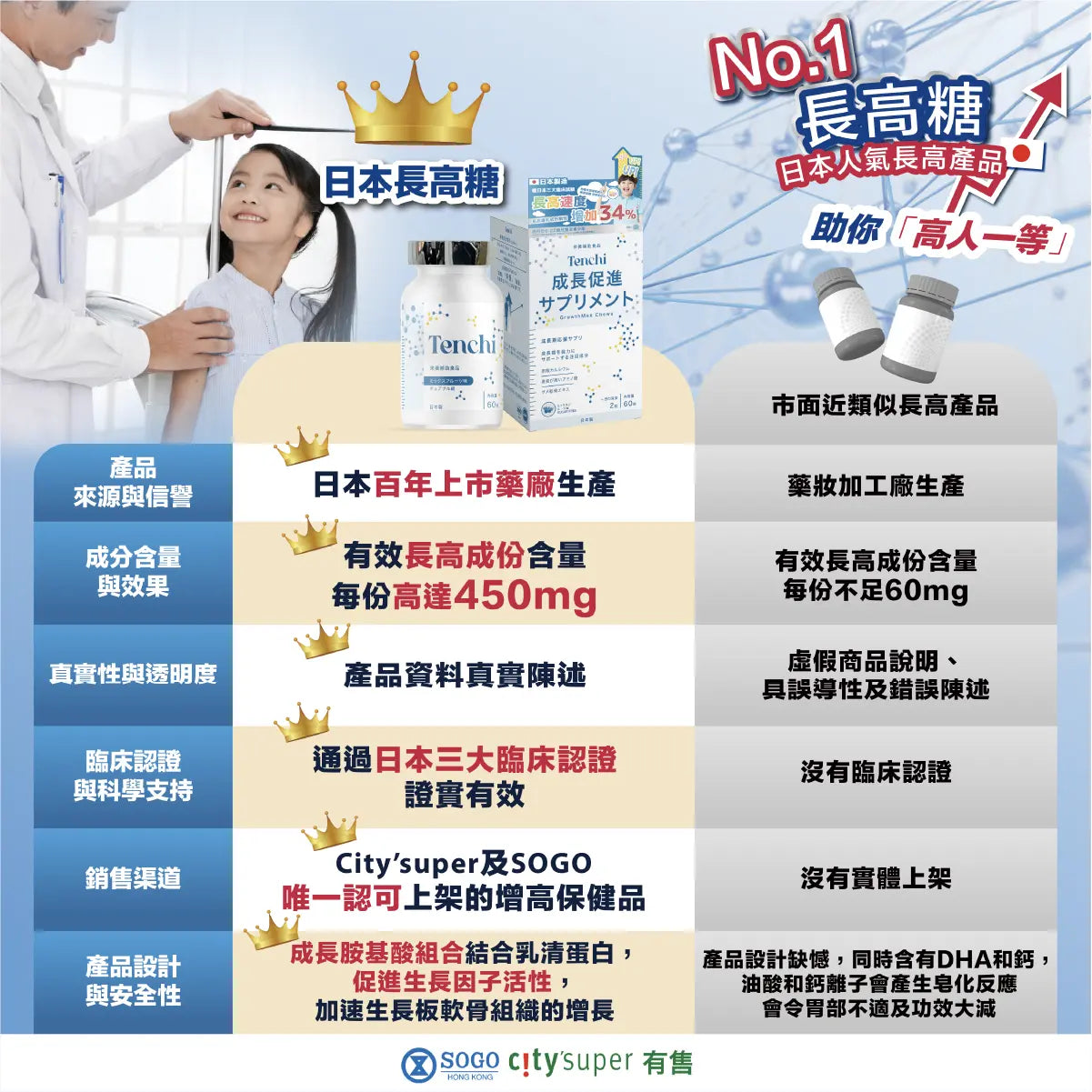
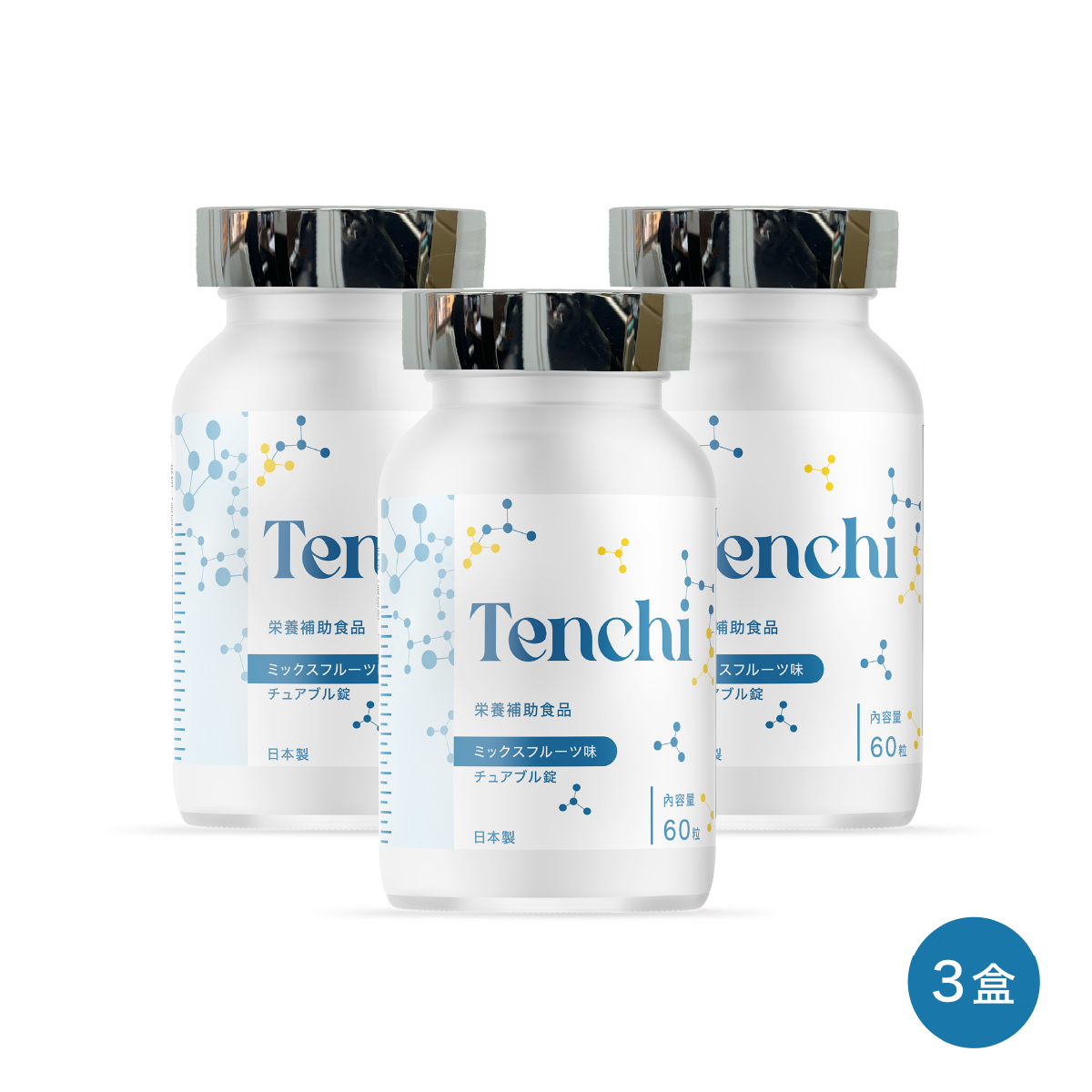
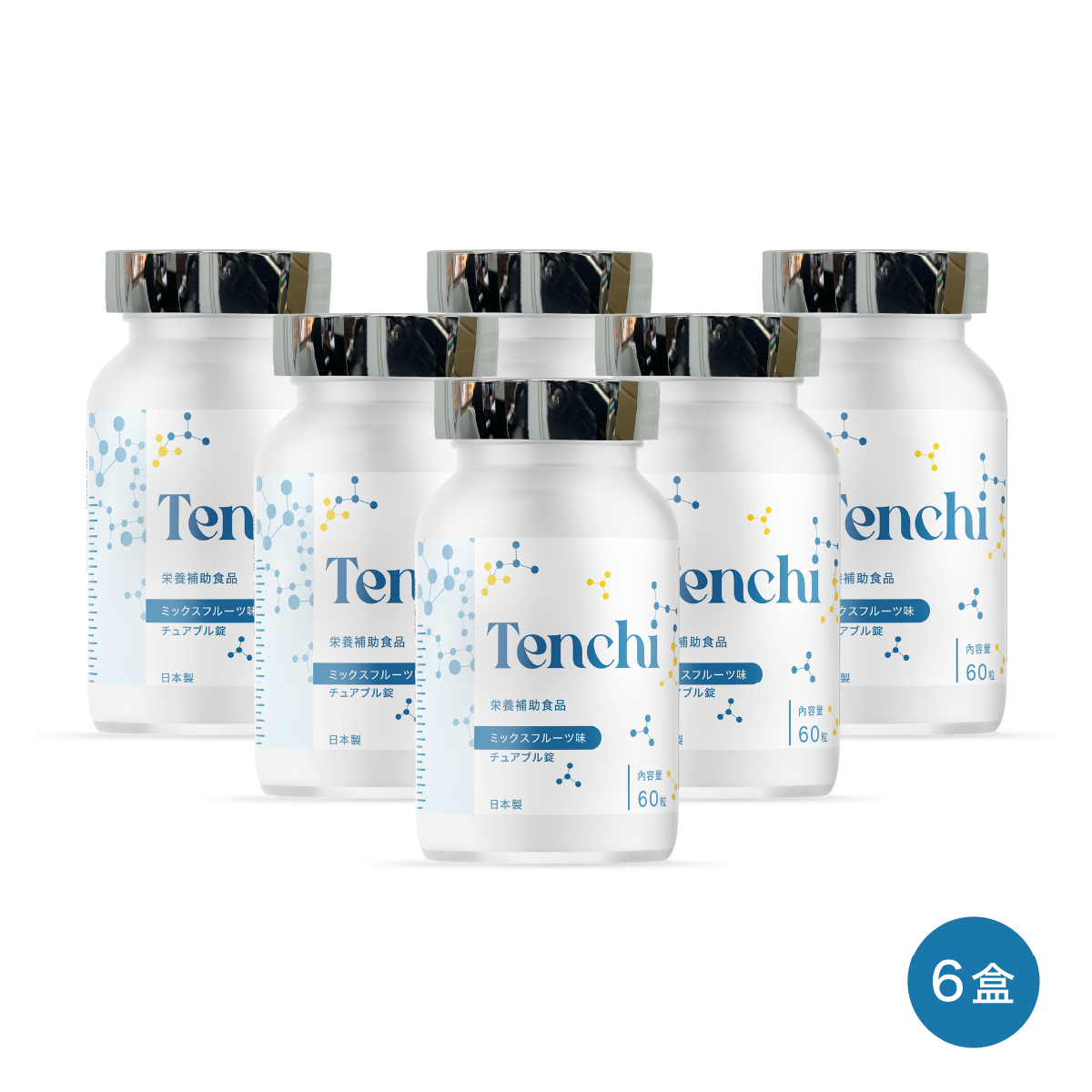
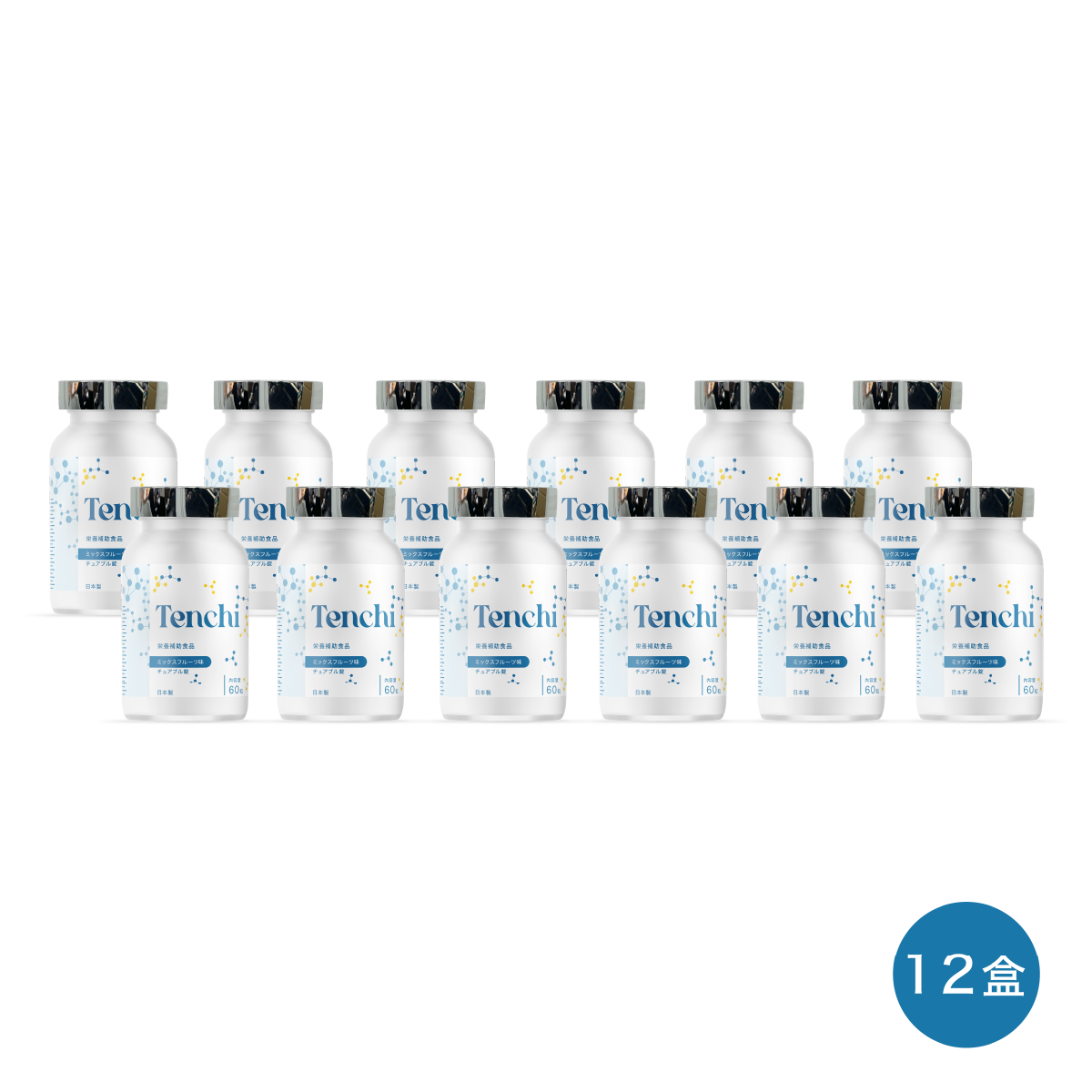
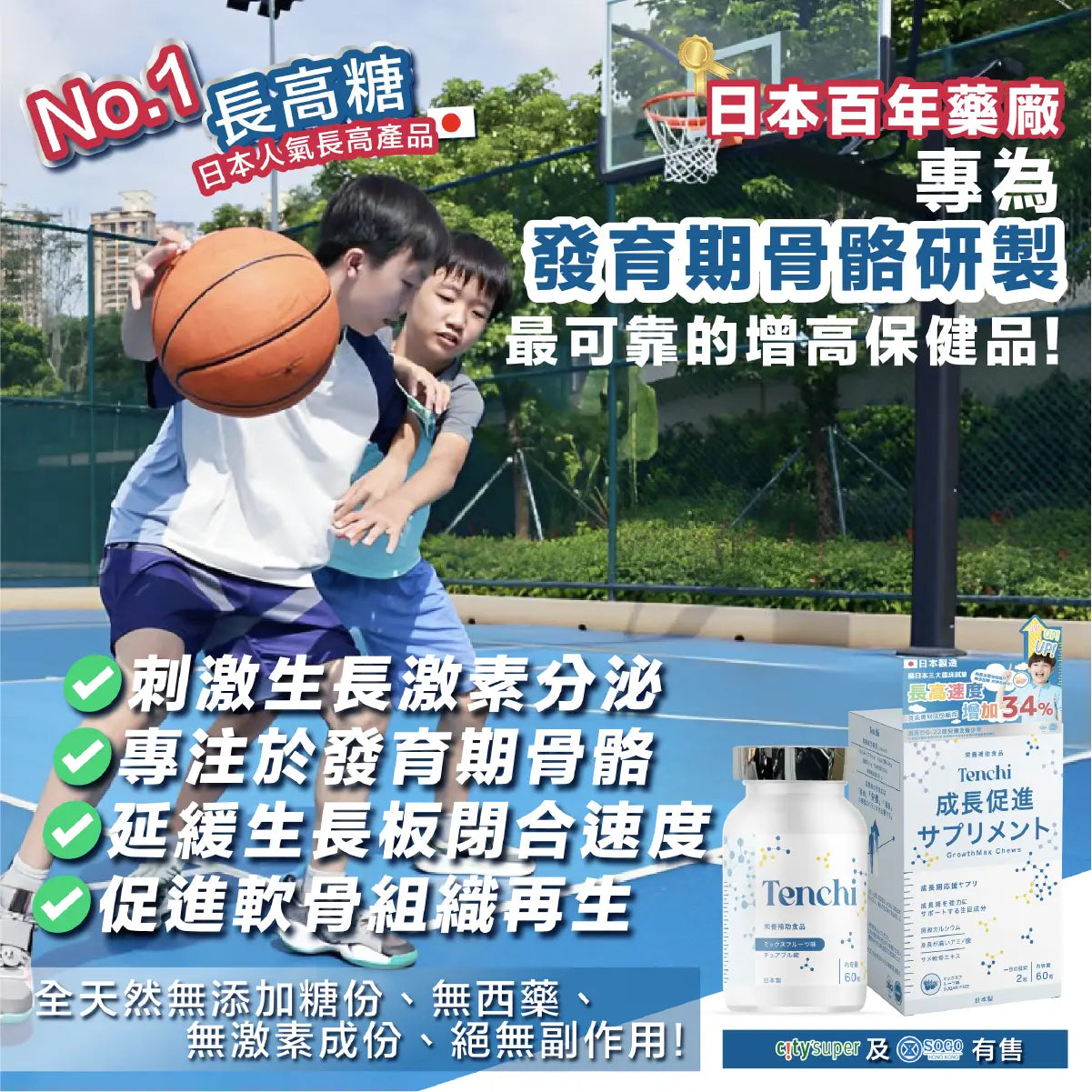
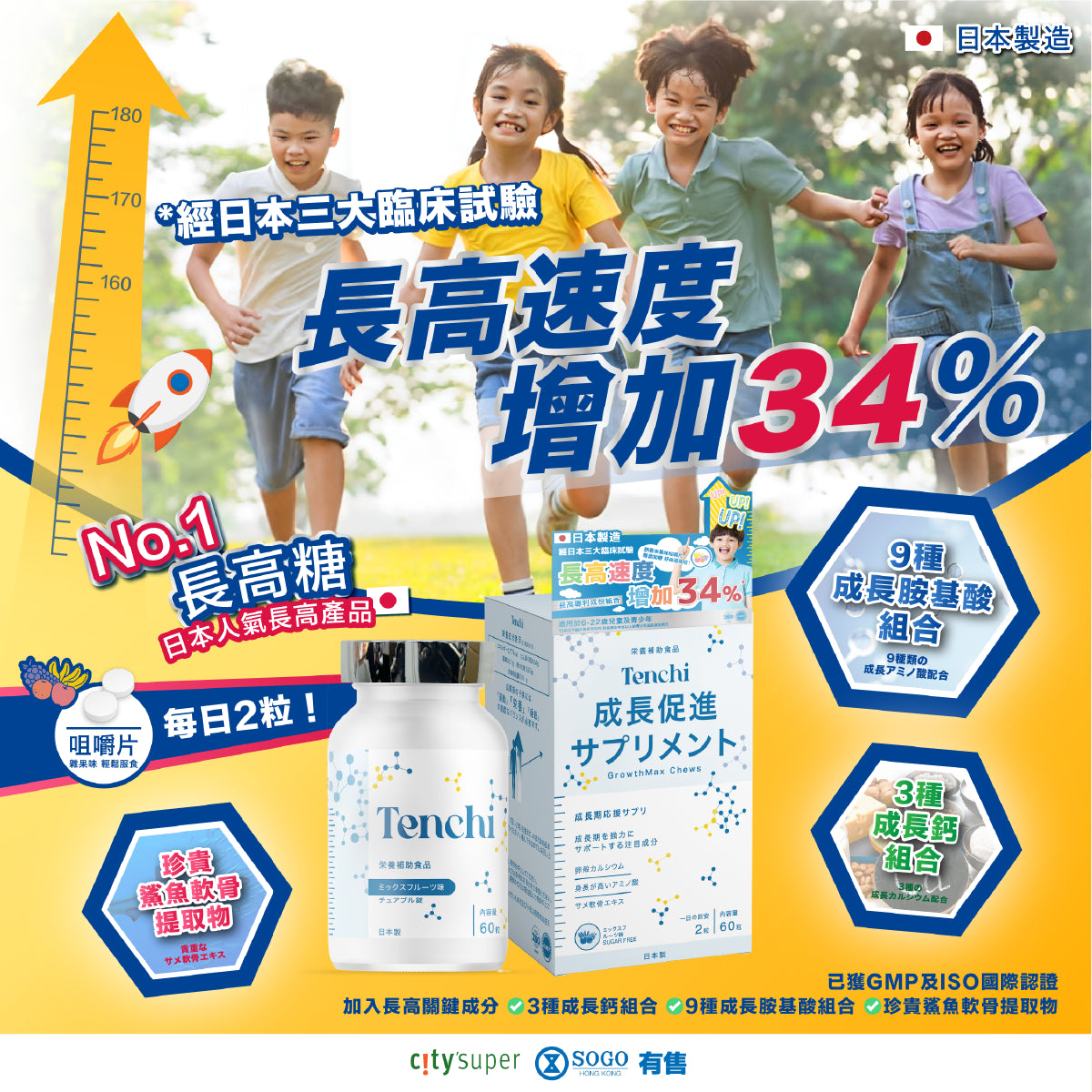

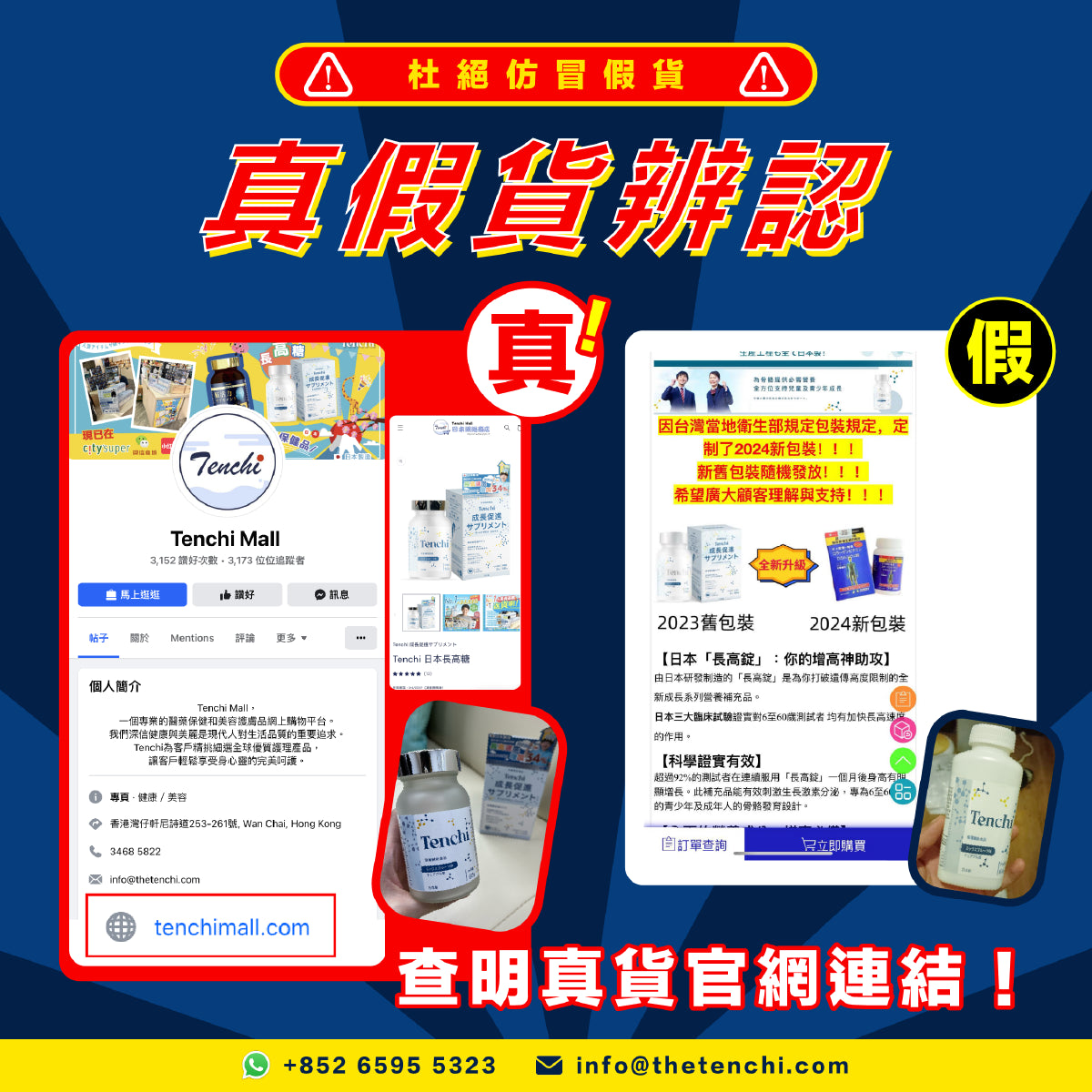
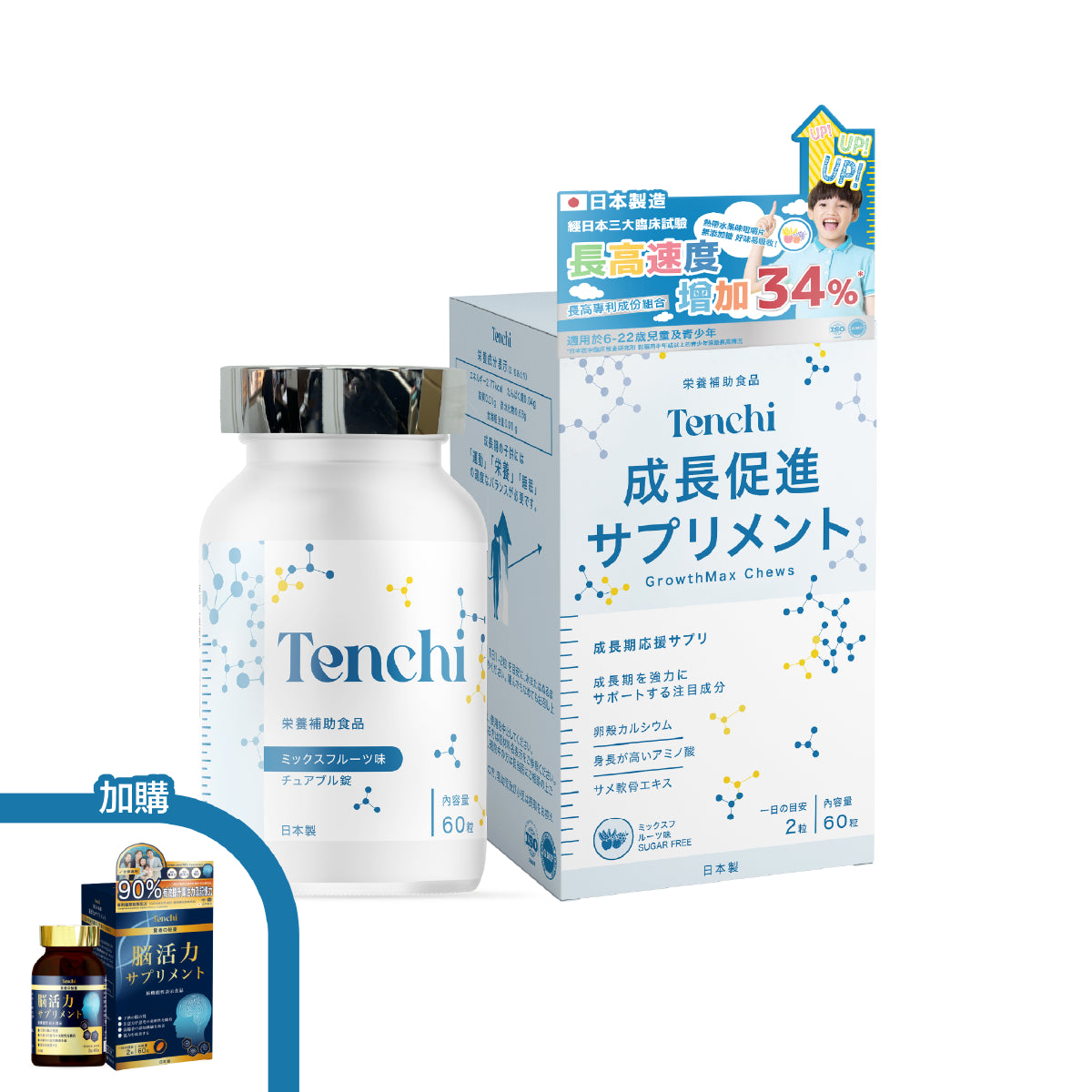
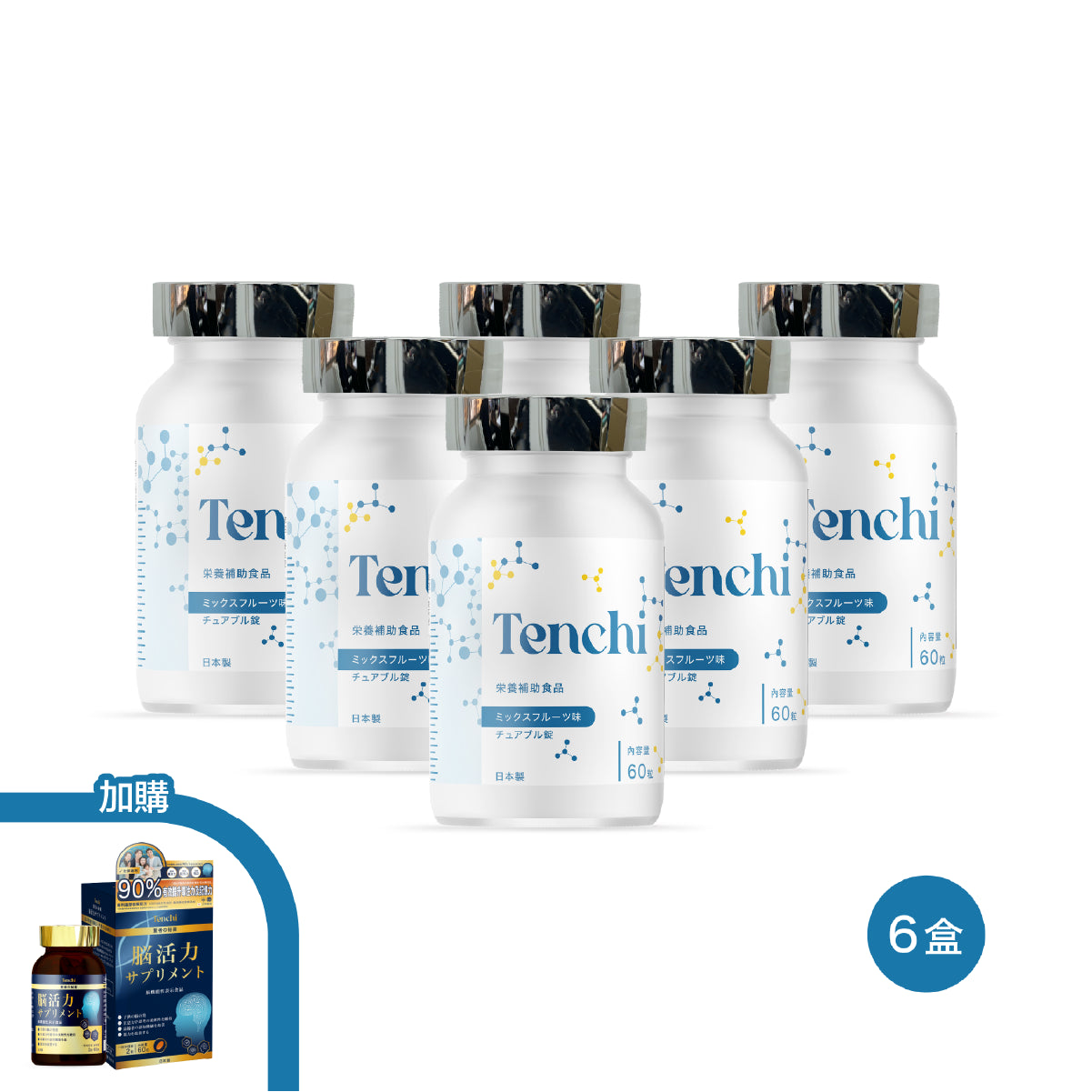
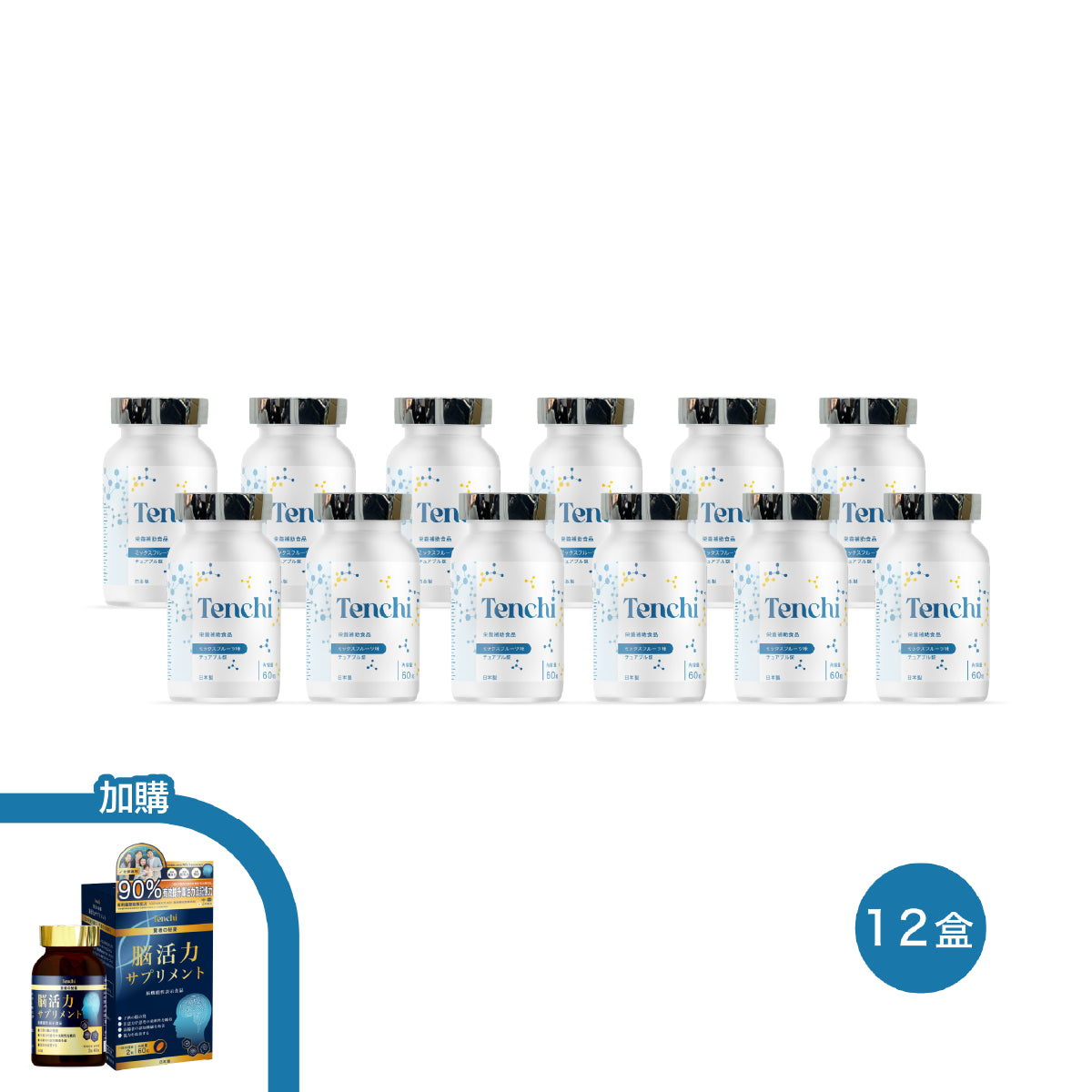
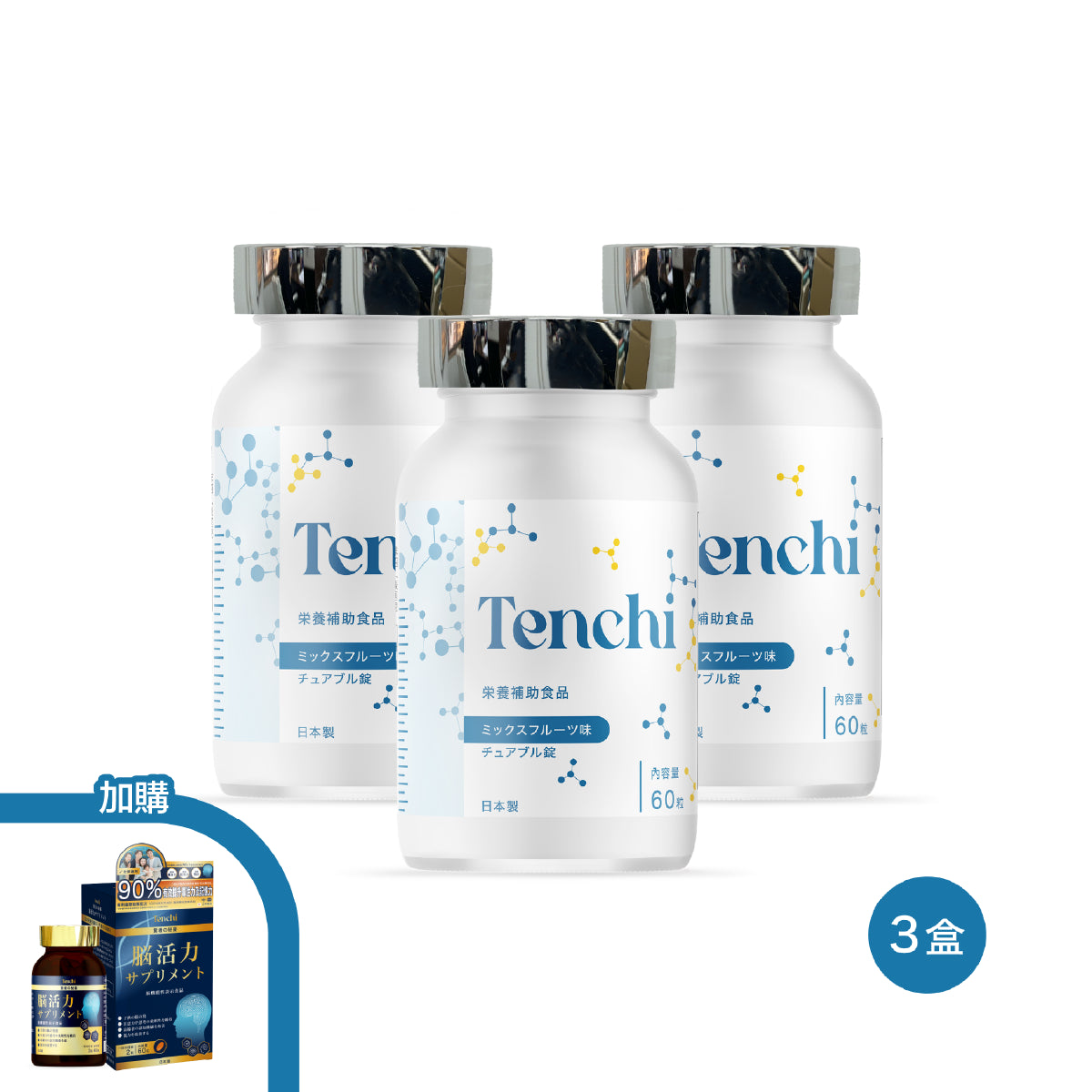
-
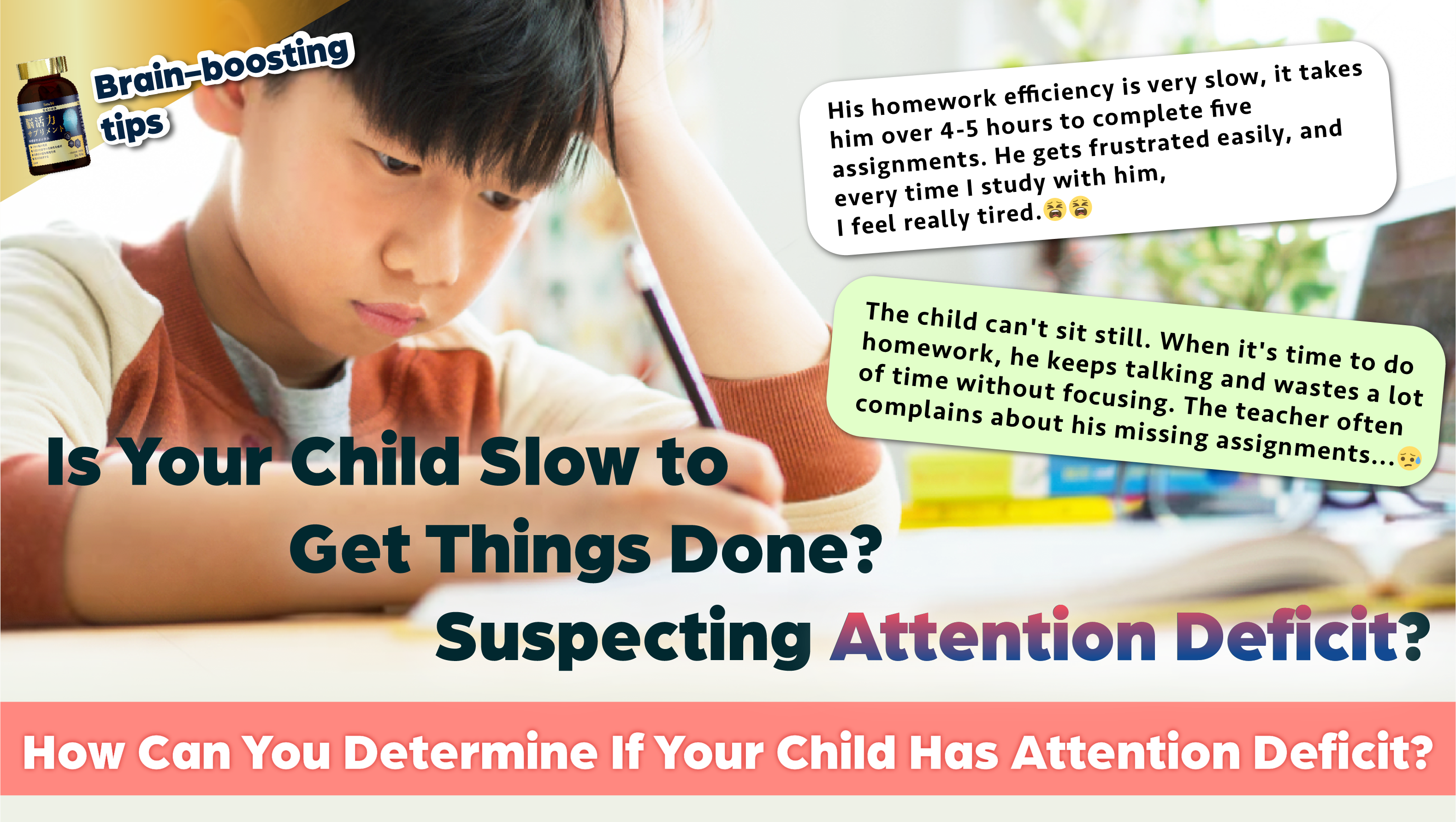
Is Your Child Slow to Get Things Done? Suspecting Attention Deficit?
Learn MoreDoes your child often seem restless, unable to sit still, or take a long time to finish tasks? Many parents run out of patience when helping their children study or complete homework, sometimes mistaking this behavior for mischief and scolding them. However, it may actually be a result of Attention Deficit (AD). What are the symptoms of attention deficit, and how can this issue be addressed? Let us explain!
-

Learn This Trick! Easily Adjust Your Body to Become Slimmer!
Learn More"Losing weight is so hard." This is a sentiment many people share. For some, it even becomes a lifelong mission! Many resort to extreme methods like dieting in an attempt to shed pounds. At first, it may seem effective—people can lose 2 to 3 kilograms, or even more, in a short time. However, after some time, they hit a plateau. Once they resume regular eating, their weight rebounds, sometimes with serious health consequences.
-

Say No to Steroids! Eliminate Eczema and Restore Your Baby-Smooth Skin!
Learn MorePeople with eczema often need to use topical steroids to control their condition. However, even with prolonged itching, it's important not to overuse these medications. Scratching the affected areas can lead to skin damage and expand the eczema's reach. Fortunately, many skincare brands are dedicated to researching solutions for the itching associated with eczema. A patented ingredient developed in collaboration with Kyoto University and Osaka University in Japan can quickly relieve eczema symptoms, alleviate itching, and help restore the skin barrier to address the problem at its source.
-

Poor Memory in the Elderly ≠ Dementia: A Simple Action to Delay Brain Aging!
Learn MoreAs we age, it’s common for memory to decline—forgetting names or where things are placed can cause concern about early signs of dementia. However, according to Japanese dementia specialist Dr. Yukimichi Imai, age-related memory loss and dementia are not the same, and there's no need to worry excessively about occasional forgetfulness. So, how can you differentiate between normal memory loss and dementia, and what can you do to prevent it? Let's explore!

























